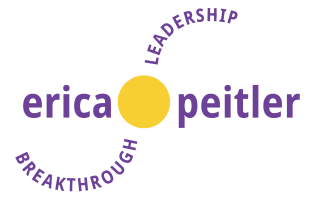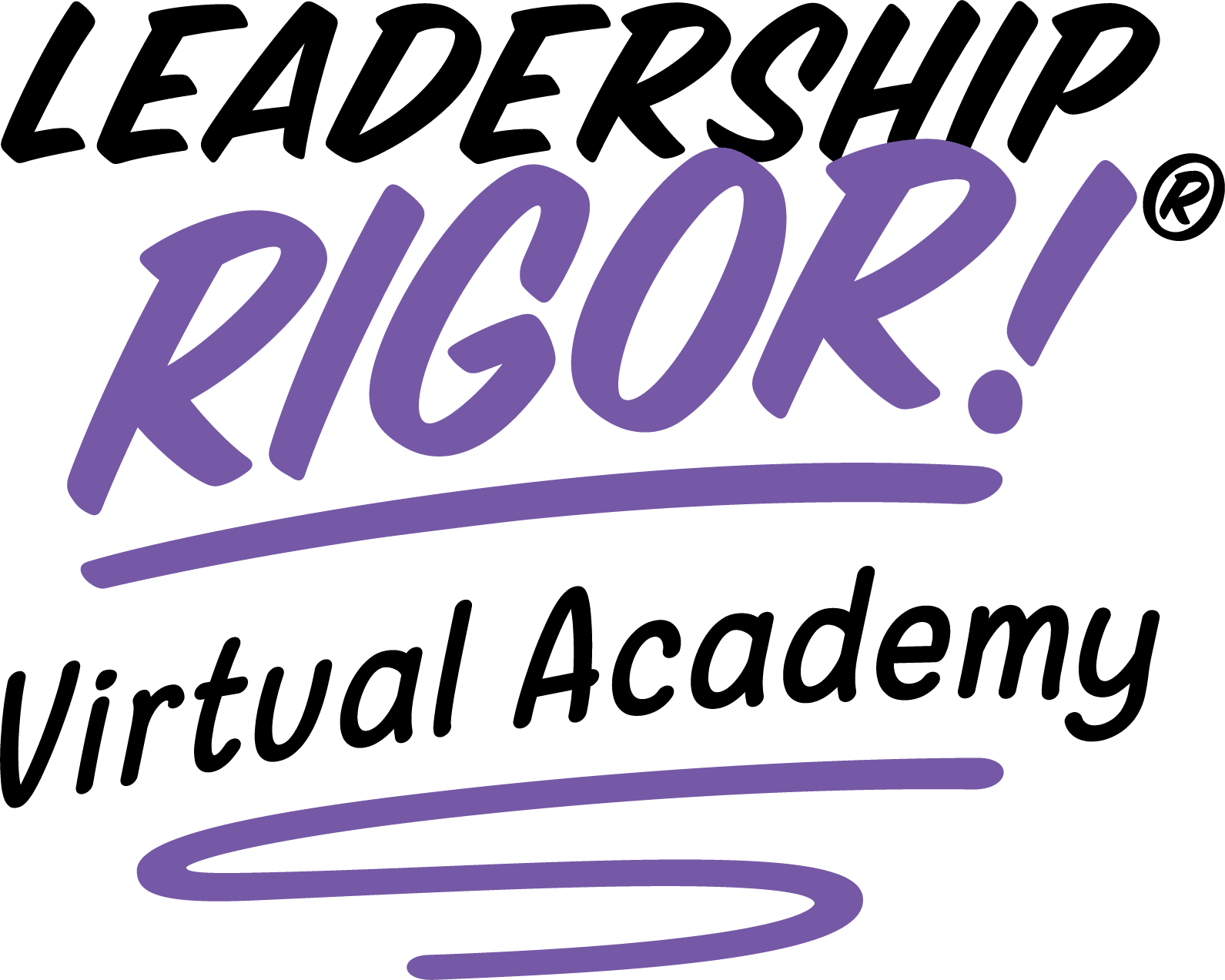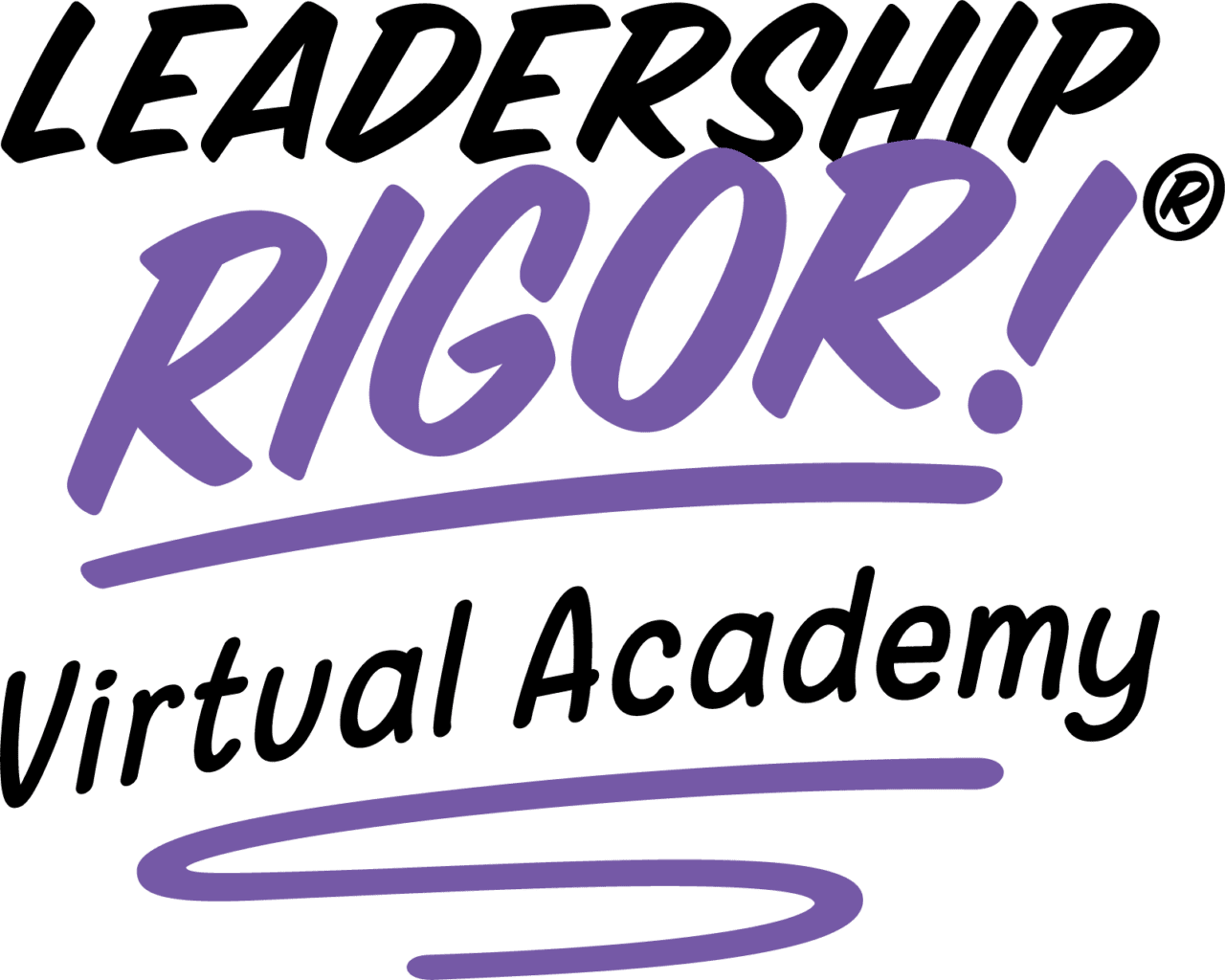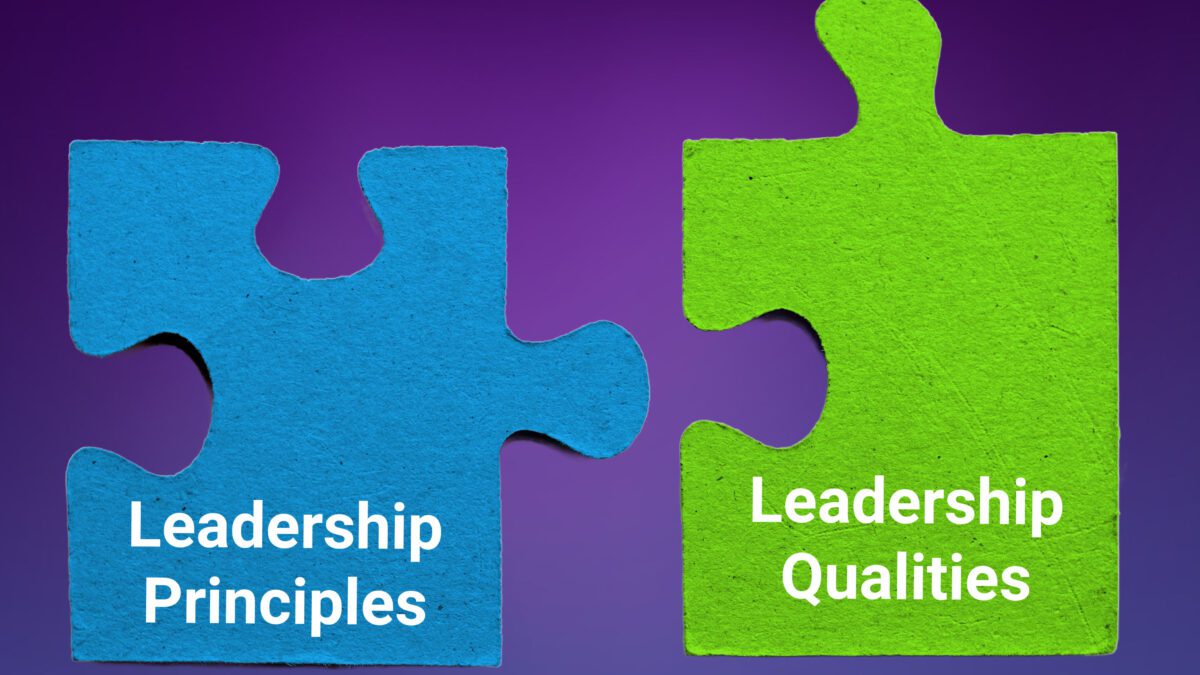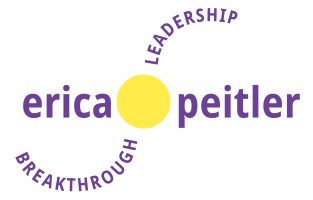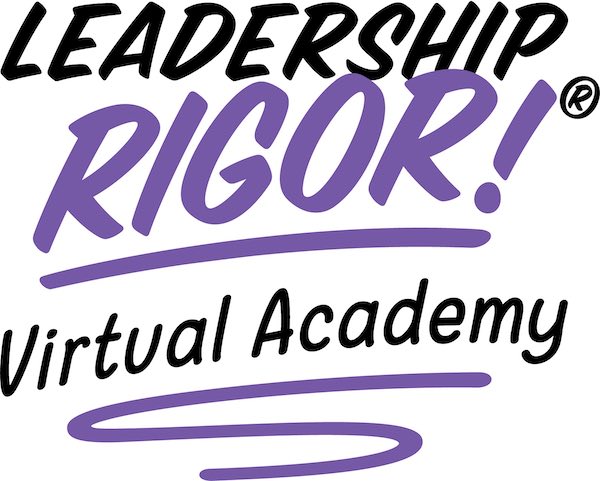

Leadership Training that Shapes Your Perspective and Brings Out Your BETTER Self
November 13, 2023

The Leadership Mindset that Secures Your Organization’s Future
November 27, 2023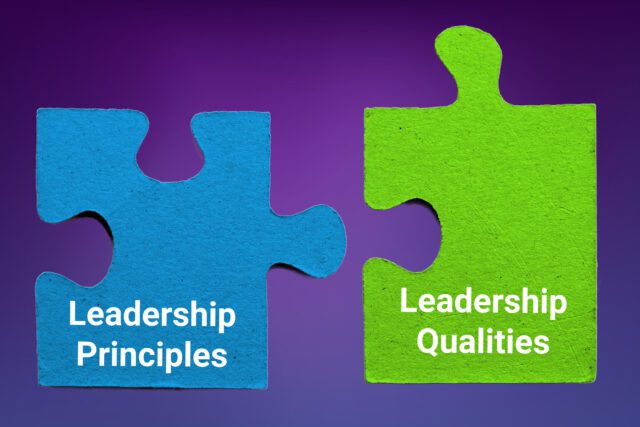
Leadership Qualities and Leadership Principles—How Do They Fit Together?
If you want to become a high-performance leader, understanding the “language of leadership” is an important first step. Why? Getting grounded in the language fundamentals will provide a robust platform to advance and escalate your career as you learn to lead yourself, your team and potentially even organizations.
So, let’s start with some basic definitions of Leadership Principles and Leadership Qualities:
Leadership Principles—are enduring truths that stand the test of time.
Leadership Qualities—are beliefs and behaviors demonstrated to role model a principle.
With these simple definitions, we can see the relationship between principles and qualities.
Leadership Principles need to be understood and embraced conceptually. Leadership Qualities need to be understood and embraced behaviorally.
In our Customized Leadership Learning Journeys, we directly address these fundamentals by focusing on the DUAL importance of SKILL ACQUISITION, which is understanding the Leadership Principle and SKILL APPLICATION, demonstrating the Leadership Quality on the ground in real-time!
Now, let’s look at examples of how Leadership Principles and Leadership Qualities Fit Together.
Leadership Principle #1—Leadership Can Be Learned
The nature and nurture question on Leadership comes down to the fact that while some leaders may have some natural abilities early on in their career, Leadership is a skill-based profession that can be learned, practiced, and mastered. Great leaders are made. They are not born. And the skills required to lead at different levels escalate and advance over time. Which is why Leadership is often referred to as a journey, not a destination.
Leadership Quality #1—You Must Be a Lifetime Learner
To effectively demonstrate your embrace of this principle, you must nurture the leadership quality of being a lifetime learner. This requires curiosity, being humble and not arrogant, as well as listening to others so you can understand their views vs. looking only to express yourself. In addition, lifetime learners actively seek new skills and ways of doing things vs. being trapped by the “this is the way we have always done this.”
Your learning and leadership development can be referred to as “Your Leadership Practice.” Becoming an effective leader requires the ability to embrace change and remain adaptable. A lifetime learner understands that the business environment is constantly evolving, and success lies in the ability to navigate change with agility.
Over time, your leadership practice will reflect upon collective learning and experiences you have had throughout your career. Your practice will need to continue to grow over time. This is why you need to commit to being a lifetime learner. This mindset encourages leaders to seek new perspectives, stay informed about industry trends, and adapt their strategies to stay ahead of the curve.
Leadership Principle #2—Leadership Is Emotional!
Business challenges can be complex, yet our skills, techniques and processes can help us break down the challenges and start to solve them. Leadership is all about people, and people can be very complicated or “messy.” This includes you!
Just sit down and think for a minute about you and your colleagues regarding the different personalities, motivations, career aspirations, egos and attraction to power you each have, just to name a few of the dynamics at play.
These are all emotional, not rational considerations. Choose to pursue a people leadership role. You will be right smack in the middle of sociology, anthropology, psychology, reality TV and the technical aspects of your business as wel
Leadership Quality #2—Are You an Emotionally Intelligent Leader?
To demonstrate your ability to lead effectively, you must have the Emotional Intelligence to manage yourself and engage socially with others in productive ways. This includes self-awareness and self-management on a personal level.
And social awareness and relationship management on an interpersonal level. These skills can be developed through leadership training and coaching. Most people believe they have high levels of self-awareness when, in fact, many are entirely oblivious to “how they show up or what it is like to be with them,” so their EQ skills never fully develop. This is why skill building in giving feedback is so critical in leadership development.
Remember that your communication and relationship-building skills are also considered to be master skill sets so they will support your career advancement over time.
If you are not up for this challenging dynamic or if moods and emotions seem like nonsense to you and have no place in the business environment, please consider being an individual contributor or a subject matter expert and not pursuing a role as a leader of people. You will save yourself and others from wasted time and pain.
Leadership Principle #3—-Leadership is In-Service of Others
Historically, “old school” command and control leaders believed that their direct reports and teams were there to support their needs or wants. They required loyalty for employment and managed others for their self-serving efficiency rather than developing the skills and capabilities of their direct reports for advancement.
This is why many private or family businesses lack the leadership talent bench they need to grow.
Progressive leaders know their role is to support their teams, not themselves, by actively eliminating obstacles and empowering them with the necessary resources to succeed.
They understand the difference between efficiency, effectiveness, and productivity. They realize that talent is an enterprise asset to be developed so that performance and productivity for both the individual and the organization reach their highest levels.
Leadership Quality #3—-Are You Practicing WE-ology or ME-ology As a Leader?
To demonstrate your ability to be in service so you can lead and develop others, you must consistently practice WE-ology rather than engage in ME-ology approaches.
We-ology practices include viewing your direct reports as a talent to be nurtured, developed, and given coaching from you, as well as growth opportunities for their career. Being concerned with your career and limiting your talent’s options is a Me-ology practice.
Another essential leadership quality about being We-ology-based is that you have an “enterprise first” mindset and do not seek to have benefits for your team or direct reports at the expense of a higher priority for the organization. Leaders who naturally gravitate toward this approach help accelerate their enterprise’s growth in both topline, bottom line and across the talent bench!
Where Can you Go from Here to further Develop Your Leadership Practice?
Developing the leadership skills to lead yourself, your team and your organization is best accomplished through a structured leadership learning journey where everyone is together. Our Leadership Rigor Virtual Academy has “cracked the code” on what makes leadership training work, and our client partners are achieving breakthrough performance and productivity! With an immersive social and personal experience, we can assist you in accelerating talent bench readiness for next-level roles while building a community of change-ready leaders across your culture! To learn more, check out the Leadership Rigor Virtual Academy or ericapeitler.com.
